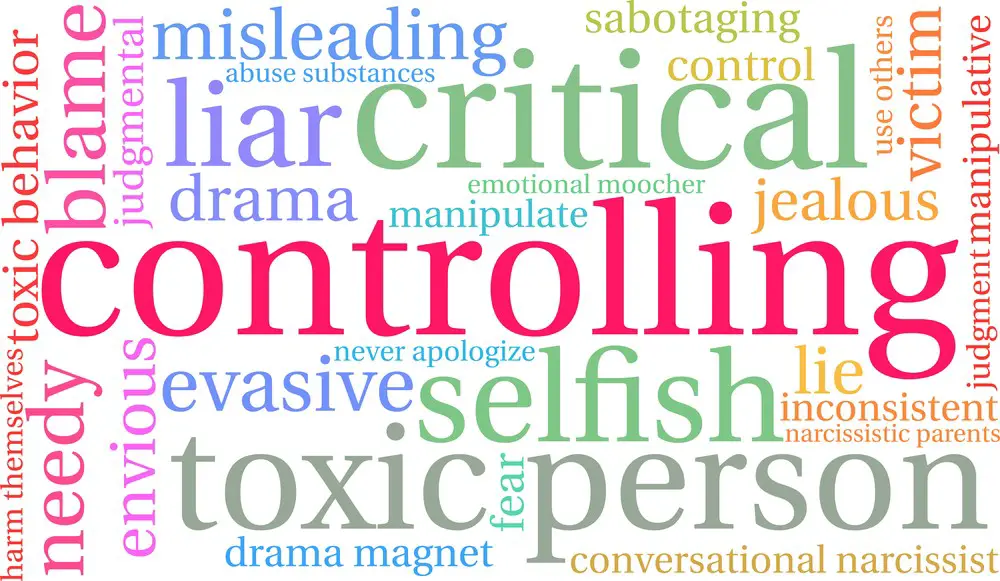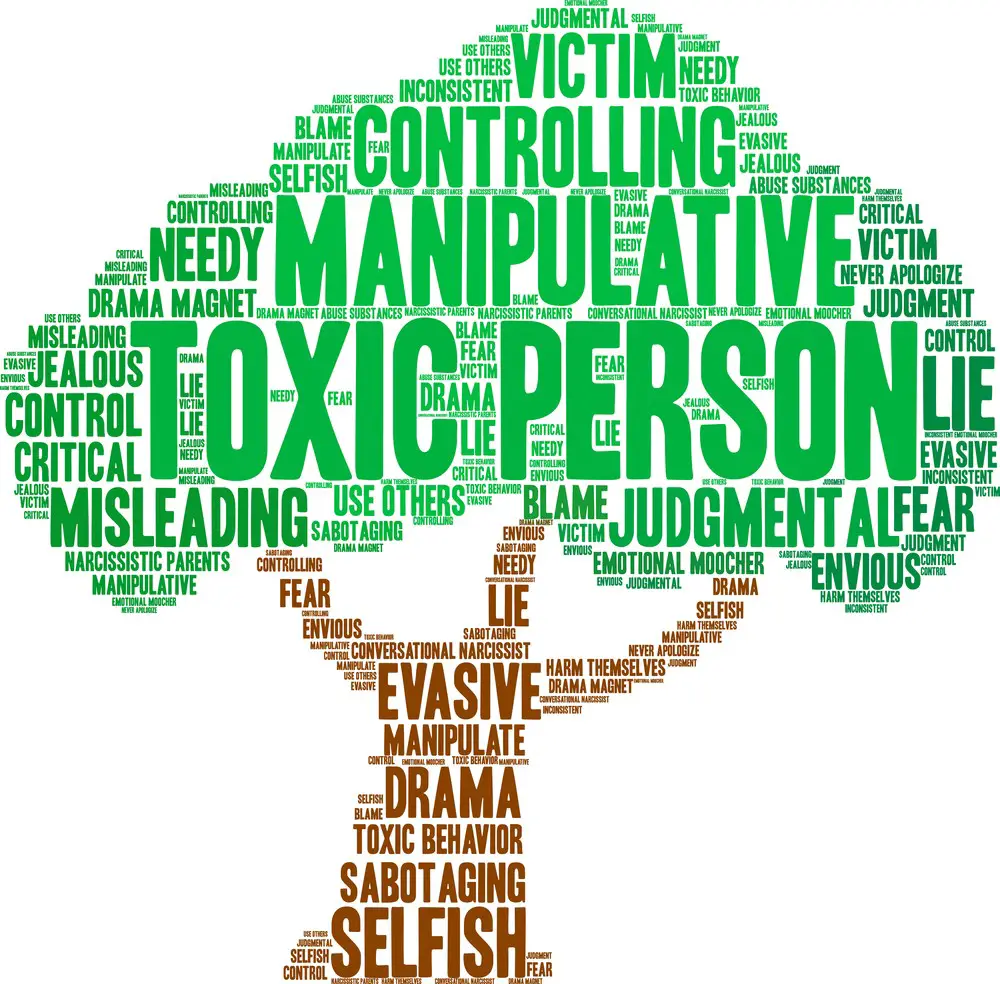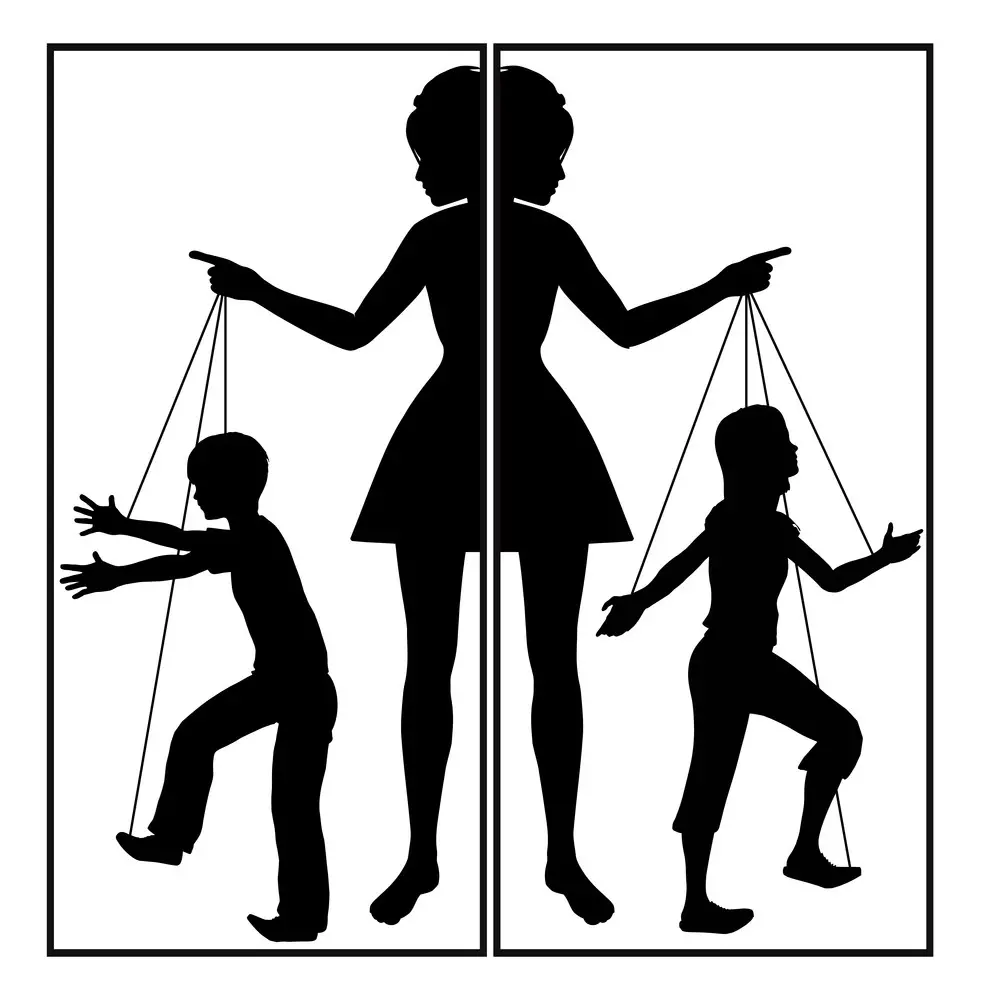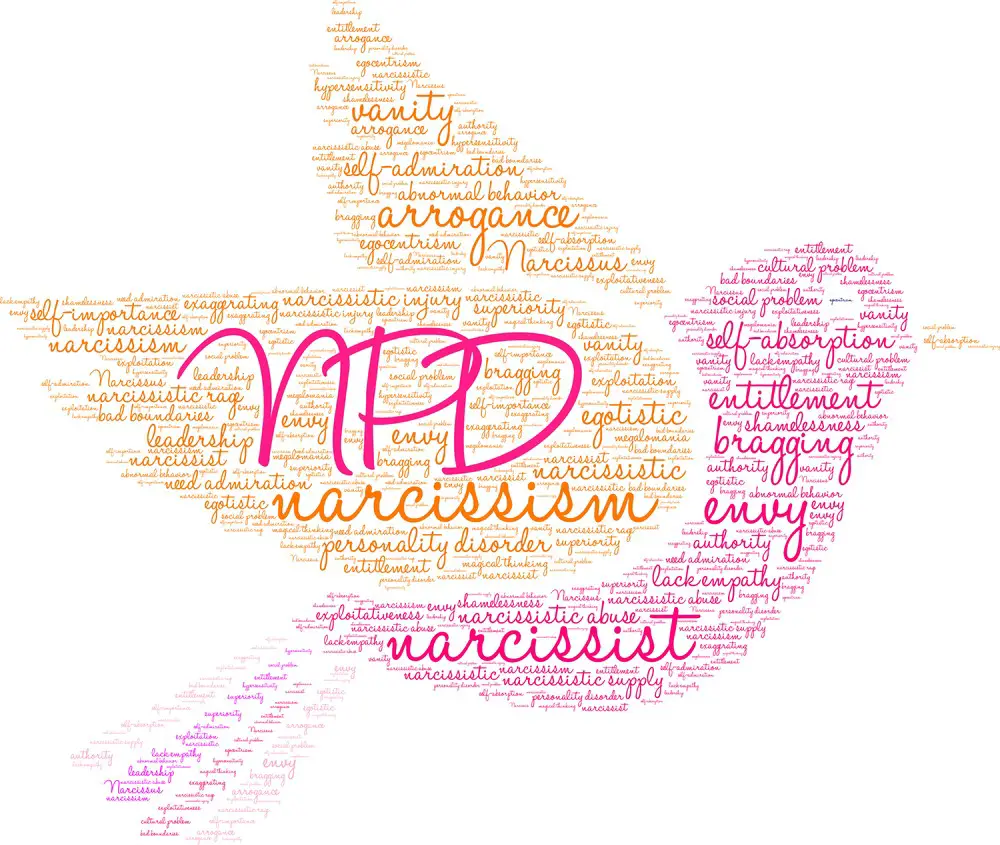As a BetterHelp affiliate, we receive compensation from BetterHelp if you purchase products or services through the links provided
Narcissistic abuse entails emotional and psychological abuse, which is as traumatizing as any other abusive behavior. However, if you are wondering how to move forward, healing the trauma is possible, although it takes time.
The long-term effects on a person in a relationship with someone with narcissistic personality disorder (NPD) include excessive shame, inadequacy, unworthiness, and self-doubt. They may also have trust issues and trouble forming healthy relationships. Additionally, they often suffer post-traumatic stress disorder (PTSD), depression, substance abuse, and inner conflict about whether to continue the relationship or try to make it work.
Read on to find out how to move forward after a relationship with a narcissistic abuser and how to recognize the signs you’re healing from narcissistic abuse.
How to Move Forward from Narcissistic Abuse

Narcissistic abuse syndrome symptoms are often hard to recognize by yourself. Sometimes the abuse is so subtle that even observers struggle to recognize the symptoms. However, here are some of the indications that you or your loved ones should watch for:
- Signs that you are lonely and feel isolated from your friends and family.
- A sense of mistrust for everybody.
- Trouble making decisions in every aspect of your life, including the home, work, and about your family.
- You can’t confront your narcissistic partner or decide to leave the relationship.
- Constantly feeling you’ve done something wrong.
- You have lost your self-identity or sense of self and always identify with the narcissistic abusive person.
- Besides symptoms of anxiety or depression, you also have unexplained physical symptoms.
Narcissistic abuse is not only limited to a romantic relationship. Parents, coworkers, friends, family members, and neighbors can use narcissistic control. Some of the signs of narcissistic abuse include:
- Controlling behavior that continues to escalate.
- Financial abuse or emotional abuse.
- Lacking empathy or playing the victim.
- Using superior behavior or gaslighting.
- Social isolation from your support system enables the perpetuation of the abuse.
- Creating feelings of mistrust for others to ensure you rely solely on them.
- Verbal abuse that demeans you.
- You have no privacy since they disregard boundaries.
- You feel constantly criticized and need to be super-vigilant, fearing how your partner will react.
- You make excuses to cover up their behavior, either because you are convinced by their reasons or because of a self-preservation mechanism.
Whatever the signs, you will constantly feel emotionally, mentally, and physically drained. Often the abuser is unaware of the pain they cause as long as they meet their immediate goals. The signs of their abusive behavior may temporarily disappear once they achieve their goal, reappearing again when they have a new demand.

Signs You’re Healing from Narcissistic Abuse
There are several stages in the process of healing after narcissistic abuse. Often, denial forms the first stage, followed by shock and confusion as they recognize the narcissism in their partner.
The best way to work through these stages is by getting professional help. As you make your journey, these are the signs you’re healing from narcissistic abuse:
1. Increasing Self-Awareness
As you begin to heal, one of the first signs of healing is improved self-awareness. You’ll notice that you are improving at identifying and understanding your feelings, thoughts, and behavior. The increased self-awareness allows you to see how you became affected by various effects of the abuse and how to make healthier choices based on a clearer picture of what you want based on your self-identity.
2. Improving Boundaries
Another of the signs you’re healing from narcissistic abuse is that you begin to develop firmer boundaries. You have learned to take a stand confidently and recognize and reject behaviors in others, especially toxic individuals, your abuser, and even family members who enabled the manipulation. As you create a safe space for yourself, these healthy boundaries allow you to regain control of your life and rebuild your battered self-worth. You can now move forward and start building a new relationship where you can communicate your needs and feel respected.
3. Less Reliance on Validation
Narcissistic abuse often includes gaslighting and manipulation techniques that make you doubt your self-worth, resulting in your seeking constant validation from others and approval. As your dependence on these decreases, it’s a sign that you are starting to recognize your value, strengths, accomplishments, and self-worth.
4. Recovering Personal Power
Among the other signs of healing from narcissistic abuse is the realization that you have the right to choose and decide for yourself. You will no longer need someone to define your worth or tell you what path to follow. As you recover your power, you can once again pursue your interests, assert boundaries, fight for your rights, and work toward your goals without fear of manipulation or reprisals.
5. Regaining Self-Esteem and Self-Confidence
You will notice that your self-esteem and self-confidence improve as you replace negativity with positive feelings about yourself. At this stage, you will find that you prioritize all self-care practices, including self-love, self-compassion, self-esteem, and self-acceptance. The immediate effects are the belief that you are strong and worthy enough to achieve things with your abilities, allowing you to thrive as you set goals, take risks, and face challenges.
6. Establishing Healthy Coping Skills
Some coping skills you developed to survive the narcissistic abuse may include addictive behaviors, self-isolation, feelings of numbness, and disassociation. However, as you start healing, you will notice a shift to healthier coping mechanisms and stress-management techniques that don’t resort to destructive behaviors. These include speaking to trusted friends or family, opening up to a health care professional, mindfulness, journaling, exercise, and meditation.
7. Reconnecting with Others
Few signs you’re healing from narcissistic abuse are as crucial as reconnecting with beloved family and friends. As you rebuild your past relationships, you regain the supportive relationships you cut during your abusive relationship. As you rebuild your trust and respect, these people will help support you in your healing journey, creating meaningful and supportive relationships.
8. Rediscovering Your Passions and Dreams
As you continue to heal, one of the most important signs is that you are reconnecting with your identity. You can rediscover hobbies, activities, and dreams that bring pleasure and joy. You will no longer remain in fear but instead use your newfound energy to pursue what brings you happiness.
These signs of healing from narcissistic abuse demonstrate your progress on your journey toward recovery. As long as you are patient and compassionate with yourself during this process, it will be possible for you to move forward with a healthier mindset so that you can reclaim control over your life once again.

Better Emotional Regulation
Narcissistic abuse’s adverse effects include intense and devastating emotions, including anger, fear, sadness, and confusion. However, you will realize that you are healing when you have picked up the skills required to improve your emotional regulation by reducing triggers and impulsive reactivity.
Re-experiencing Happiness
Narcissistic abuse leaves survivors feeling gloomy and lacking a sense of self since they must constantly suppress their natural emotions, desires, and interests. However, once you start rediscovering yourself, you can feel joy and fulfillment without fear of judgment. This is another of the signs you’re healing from the manipulation of your narcissistic abuser.
Final Take
The healing process after narcissistic abuse may differ from person to person, but it is possible. Be prepared to negotiate this challenging journey with patience since it does take time. Additionally, you will need support and compassion from people you trust and mental health professionals. Nevertheless, take the journey into healing and finding yourself; you must rediscover your self-worth, freedom, and happiness.
- Breaking the Silence: Why Men’s Mental Health Matters More Than Ever - April 15, 2025
- How to Transform a Home’s Patio Space into a Relaxing Space - March 23, 2025
- 5 Strategies to Use a Cell Phone to Help Manage Your Stress - March 23, 2025
This site contains affiliate links to products. We will receive a commission for purchases made through these links.



